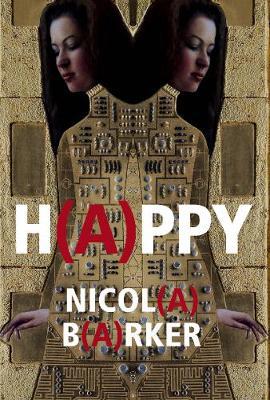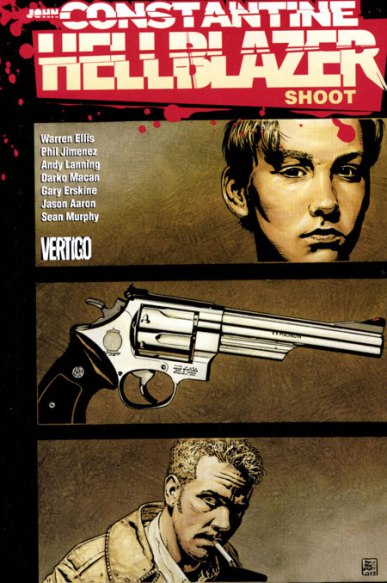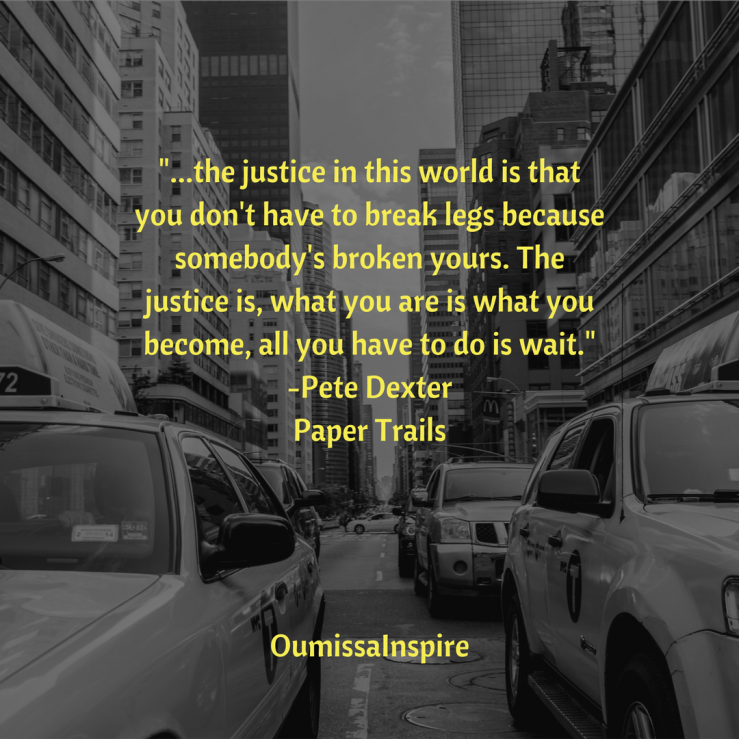 I finished this book over a week ago and I can’t rightly decide whether it’s genius or pretentious. I can certainly say that parts of it moved me. Sections instilled a fear inside me related to both situations happening to the narrator and regarding the view of a post-post- apocalyptic world. At times I was confused by surreal conjecture and baffled by almost hypnotic slices of trippy typography that truly pushed the barrier between literature and a piece of art.
I finished this book over a week ago and I can’t rightly decide whether it’s genius or pretentious. I can certainly say that parts of it moved me. Sections instilled a fear inside me related to both situations happening to the narrator and regarding the view of a post-post- apocalyptic world. At times I was confused by surreal conjecture and baffled by almost hypnotic slices of trippy typography that truly pushed the barrier between literature and a piece of art.
To one friend, on one day, I stated that the book was awful. On another day, to someone entirely different, I said that it was probably a masterpiece. I’m still torn between these two views and I will never settle in the middle of these opposing opinions because H(A)PPY is incredibly divisive. It’s a niche novel about a “person” called Mira A who lives in the “distant” future where everything is perfect. There is no conflict, no unhappiness, but there is also no joy or excitement. Life is lived on a plateau, if you like.
Mira A is a musician who becomes obsessed with a story of a small girl and a guitar player from Paraguay… I think. So, let me explain. The reason I think that is because the plot is far from linear and it dances back and forth between narrative and a faux non-fiction narration that is intended to puzzle the reader and, in fact, Mira A herself. I should also explain the above quote marks around person and distant.
The characters in the novel live their lives alongside a stream of information which is readily available to them and others. It’s not explicitly stated whether these characters are physical with neural implants or are in fact part Artificial Intelligence. Regardless, the characters do feel and are empathic so they straddle the line between human and AI. It’s also not stated when the novel takes place. It’s only hinted that the events transpire after many wars, apocalyptic scenarios and falls of civilisation.
Nicola Barker plays with every aspect of the book; plots twist in and out of other stories, the font and font colour change to highlight certain negative and positive emotions, at some points the pages become blank aside from one or two words or fill with symbols scrawled to offer a glimpse inside the chaotic mind of Mira A. Words flow, literally, in shapes that wave across the page and all the time we slide in and out of the thoughts of Mira A.
The one thing Barker does brilliantly is give a sense of fear. Nothing is sacred here. Emotions are malleable, situations are monitored and the writing becomes frantic to give a sense of blindly scrambling in the darkness of madness.
I still don’t know if this book is brilliant or barking mad. All I know is that it was an experience. Some readers will hate it, others will adore it. Nobody will say “it was okay” because it is leagues away from that phrase. H(A)PPY is an enigma in experimental fiction and if it does nothing else, it shows that Nicola Barker is one of the best modern writers working at the moment because she takes chances and writes as if caught in a fever dream.
Advertisements Share this:




